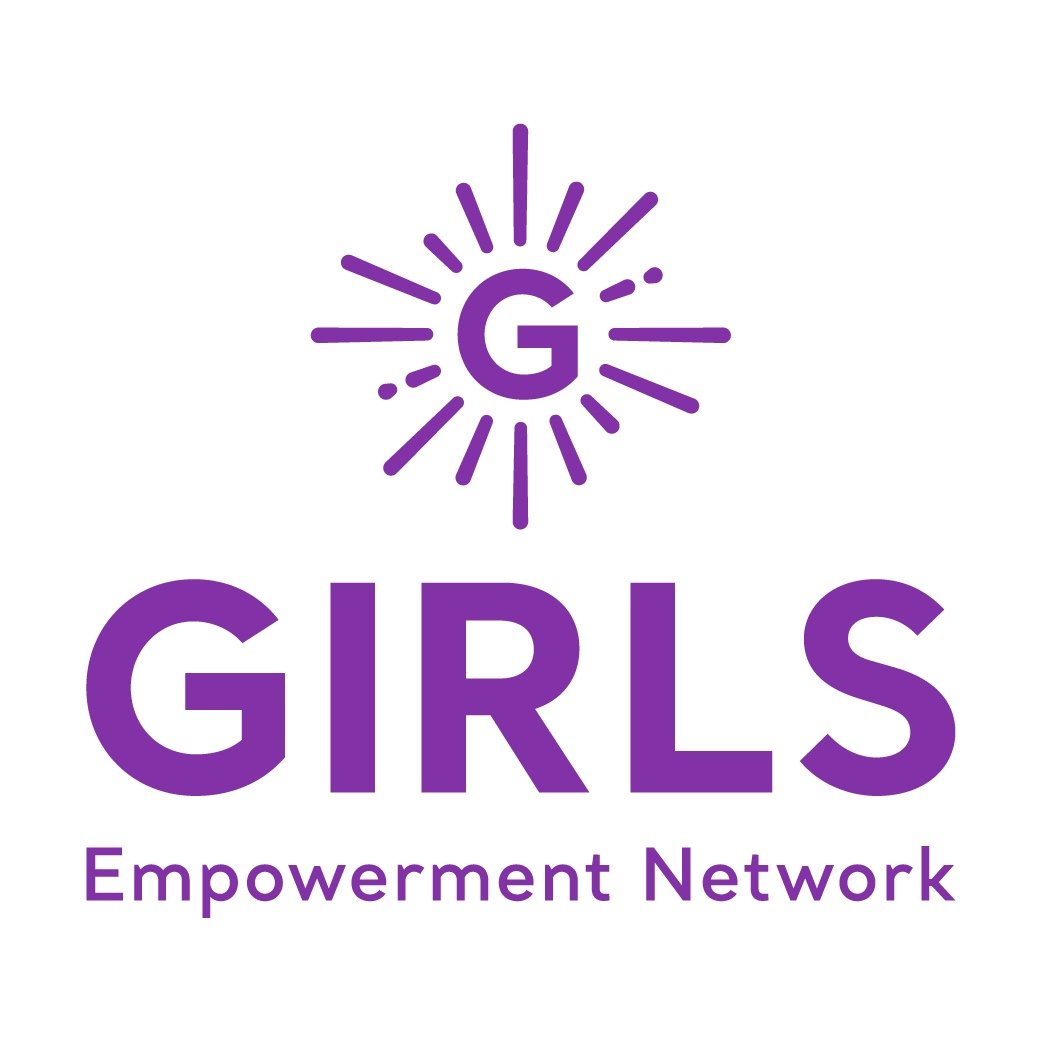What is “Real Beauty”, Anyway?
You probably saw Dove’s new “Real Beauty Sketches” video all over social media the past few days- we posted it on facebook ourselves yesterday. The video shows a number of women describing themselves to a sketch artist who does not actually see their faces, and then being described to the sketch artist by other women. The difference in the sketches demonstrates the way we often fixate on our flaws, blowing them up in our minds until they are all we see when we look in the mirror. Strangers are much kinder to us than we are to ourselves. Not a bad message, and important to remember.
A number of commentators have pointed out some concerns with the video, however, and they’re important to keep in mind as well. You might have noticed the main participants don’t stray far from conventional standards of beauty (white, tall, young, thin) , and women of color are on the screen for less than ten seconds of the six minute video.
Dove: slightly expanding what the media says is beautiful?
How do we balance accepting ourselves and celebrating our beauty with changing the focus away from our appearance altogether? One could argue that we are doing the idea of “Real Beauty” a disservice by allowing it to be co-opted by a major company that has a vested interest because of the products they sell on keeping the focus on what’s outside. As this blog points out:
Why are so many females I know having such a strong reaction to the sketches video, being moved to the point of tears?
Because the message that we constantly receive is that girls are not valuable without beauty.
Brave, strong, smart? Not enough. You have to be beautiful. And “beautiful” means something very specific, and very physical. Essentially every movie and tv show and commercial shows us that, right? It doesn’t matter what other merits a woman posses, if she is not conventionally attractive, she is essentially worthless (go watch Miss Representation for more thoughts on this). And my primary problem with this Dove ad is that it’s not really challenging the message like it makes us feel like it is. It doesn’t really tell us that the definition of beauty is broader than we have been trained to think it is, and it doesn’t really tell us that fitting inside that definition isn’t the most important thing. It doesn’t really push back against the constant objectification of women. All it’s really saying is that you’re actually not quite as far off from the narrow definition as you might think that you are (if you look like the featured women, I guess).
And that’s not even taking into account that Dove is owned by Unilever, who is responsible for Axe Body Spray’s offensive and objectifying ad campaigns. So, when you see a Dove ad, appreciate that they’re making an effort- but keep in mind that what we really need to understand, the thing that really needs to be accepted on a societal level, is that regardless of what we’ve got going on on the outside, it is who we are internally and what we do with that that makes us beautiful. And that message is never going to come from Dove.

